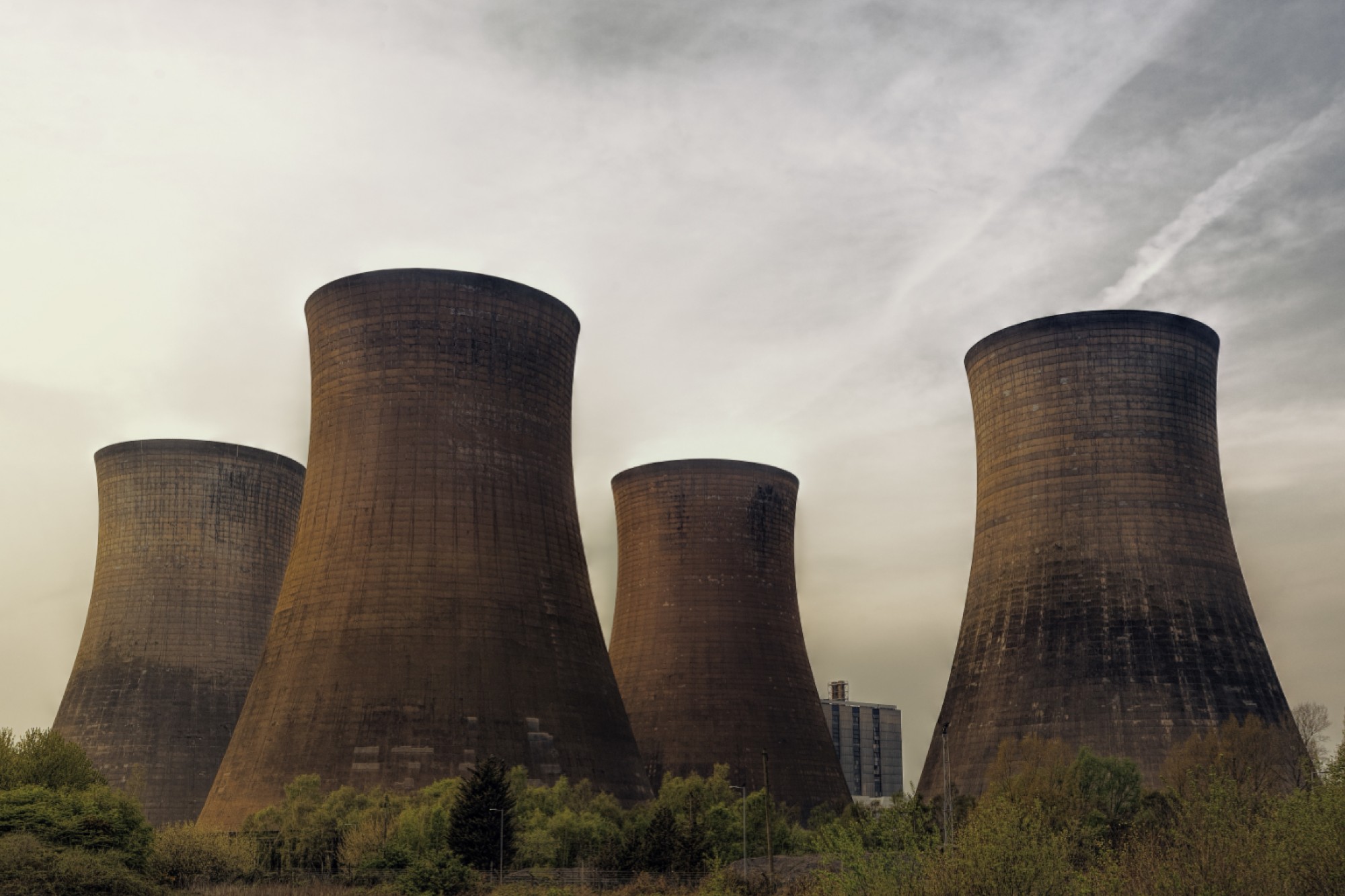Govt revises emission standards for thermal power plants
By Staff Report July 14, 2025 12:55 pm IST
By Staff Report July 14, 2025 12:55 pm IST

The Ministry of Environment, Forest and Climate Change (MoEF&CC) has revised its 2015 emission standards for thermal power plants requiring the construction of flue gas desulphurisation (FGD) systems. FGD is a method used to eliminate sulphur dioxide (SO₂) from the smoke produced by coal-fired power plants.
The Ministry of Environment, Forest and Climate Change (MoEF&CC) has updated India’s 2015 emission standards for thermal power plants which mandated the construction of flue gas desulphurisation (FGD) systems. This decision is projected to help approximately 79 percent of India’s thermal facilities.
The new norms are expected to cut thermal power plant power generation costs by 25 to 30 paisa per kilowatt hour (Kwh) which will benefit customers. After the revision, FGDs will now be mandatory only for coal-fired based plants within 10 kms of cities with a population of over 1 million or plants in critically polluted or non-attainment areas or plants using high-sulphur imported coal.
FGD is a method used to eliminate sulphur dioxide (SO₂) from the smoke produced by coal-fired power plants. FGD is a cost-effective, water-intensive system used in high-sulphur conditions, particularly for plants using high sulphur coal, high ambient sulphur dioxide levels, or dense urban proximity, but it also contributes to carbon dioxide emissions.Additionally, full-scale retrofitting of FGDs are projected to increase carbon dioxide emissions, largely due to added limestone mining and auxiliary energy use. The new guideline aligns with global best practices, including those of the US, EU, and China, which have shifted towards targeted FGD deployment, providing a practical template for developing economies like India that rely heavily on thermal plants.
The Indian government has made a decision following an independent assessment by three Indian research institutes, IIT Delhi, CSIR-NEERI, and NIAS, which found ambient sulphur dioxide levels within national standards even without FGDs.
We use cookies to personalize your experience. By continuing to visit this website you agree to our Terms & Conditions, Privacy Policy and Cookie Policy.